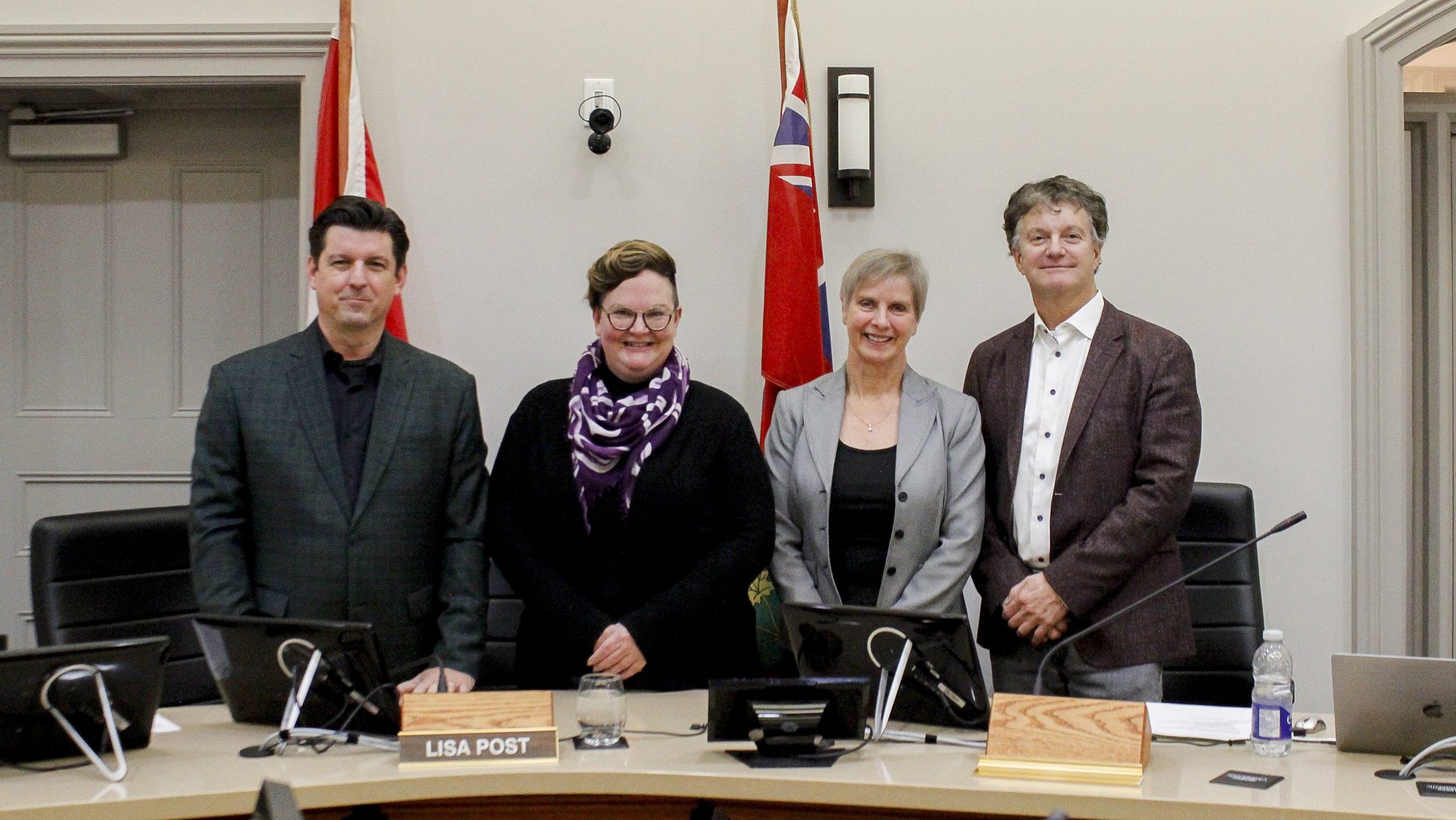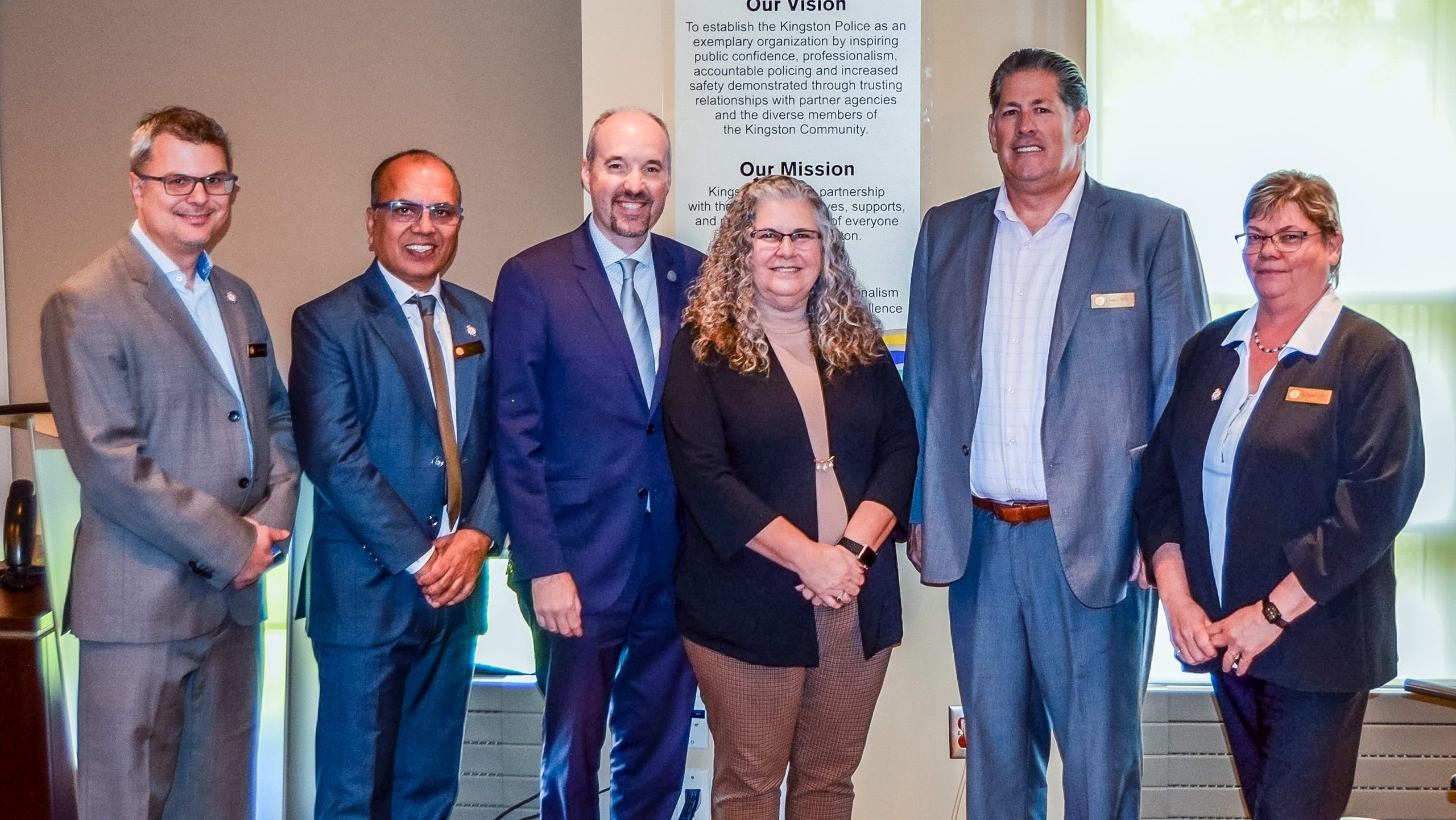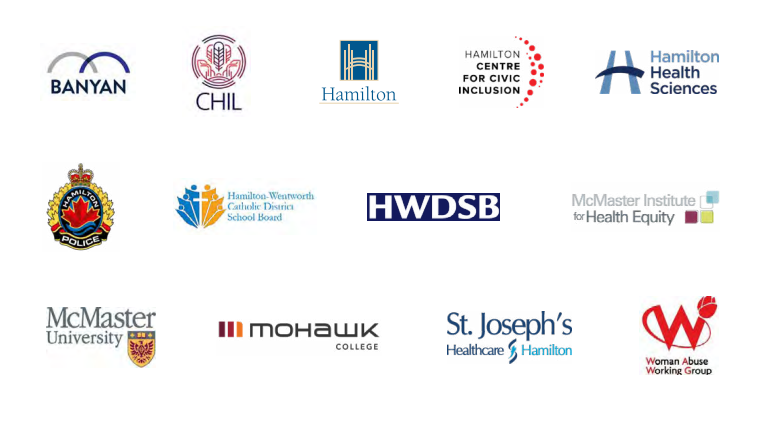Clerks are required to financial statements submitted by candidates to check and see if contributions appear to exceed the contribution limits:
The clerk shall review the contributions reported on the financial statements submitted by a candidate under section 88.25 to determine whether any contributor appears to have exceeded any of the contribution limits under section 88.9.
Section 88.34 (1)
However, full election compliance audits are not done automatically. They are only done if an eligible voter submits an audit application and the Municipal Election Compliance Audit Committee decides that an audit is required.
What is an election compliance audit?
A compliance audit is a formal review of an election candidate’s campaign finances done by an auditor appointed by a municipality’s Election Compliance Audit Committee. It is done when a voter submits an application outlining their concerns and the Committee agrees that the concerns are legitimate and an audit is required.
It is the enforcement process when municipal election finance laws are broken.
If you reasonably believe that a candidate or third party advertiser in the municipality where you are eligible to vote has broken any of the election campaign finances laws laid out in the Municipal Elections Act, you may apply for a compliance audit of their campaign finances.
An elector who is entitled to vote in an election and believes on reasonable grounds that a candidate has contravened a provision of this Act relating to election campaign finances may apply for a compliance audit of the candidate’s election campaign finances, even if the candidate has not filed a financial statement
Section 88.33 of Municipal Elections Act
An elector who is entitled to vote in an election in a municipality and believes on reasonable grounds that a registered third party who is registered in relation to the election in the municipality has contravened a provision of this Act relating to campaign finances may apply for a compliance audit of the campaign finances of the registered third party in relation to third party advertisements, even if the registered third party has not filed a financial statement
Section 88.35
Candidates include anyone who ran for Mayor, Regional and Local Councillor and Ward Councillor. School boards have their own, separate compliance audit committees.
Who can submit an application?
Applications can be submitted by eligible voters, who must:
- reside in the local municipality or is the owner or tenant of land there, or the spouse of such owner or tenant;
- are a Canadian citizen;
- are at least 18 years old; and
- are not prohibited from voting under Subsection (3) or otherwise by law.
Election finance laws
Unless the candidate was acting in good faith when they committed the offence inadvertently or because of an error in judgment,
A candidate is guilty of an offence and, on conviction, in addition to any other penalty that may be imposed under this Act, is subject to the penalties described in subsection 88.23 (2),
- if the candidate incurs expenses that exceed the amount determined for the office under section 88.20; or
- if the candidate files a document under section 88.25 or 88.32 that is incorrect or otherwise does not comply with that section.
- 88.9 – Maximum contributions to candidates
- 88.20 – Candidates’ expenses
- 88.25 – Candidates’ financial statements
- 88.32 – Return of surplus for subsequent expenses
More: Municipal election contribution and spending limits in Ontario
More: Third party advertiser rules in municipal elections
How to submit an application for a municipal election compliance audit

Submission
An application for a compliance audit shall be made to the clerk of the municipality or the secretary of the local board for which the candidate was nominated for office, and it shall be in writing and shall set out the reasons for the elector’s belief.
Section 88.33 (2)
Some municipalities have application forms (see below), but they aren’t mandatory. You can simply submit your request to the Clerk in writing, outlining all the reasons for your belief.
Deadlines
The Municipal Clerk must receive the application within 90 days after the latest of the following dates:
- Filing date for financial statements (March 31, 2023 in 2022 Election, so June 29, 2023)
- Regular election: last Friday in March following the election
- By-election: 75 days after voting day
- Date the candidate or third party advertiser filed an initial financial statement, if it was filed within 30 days after the applicable filing date (grace period or a court-ordered extension)
- Supplementary filing date
- Regular election: last Friday in September in the year following the election
- By-election: 30 days after the supplementary reporting period, which is 6 months plus 45 days after voting day
- Date of the candidate or third party advertiser extension, if any, expires.
Application requirements
The application must be:
- Submitted by an elector who is entitled to vote in an election
- Have reasonable grounds that a candidate or third party advertiser has contravened a provision of the Municipal Elections Act
- Regarding a candidate or registered third-party advertiser in the municipal election within the applicable Municipality
- Submitted after Financial Statements have been filed
- Completed and submitted to the City Clerk or City Hall
How much does it cost to submit an application?
There is no cost, fee or penalty to the applicant to submit an application or have an audit done. The Municipal Elections Act clearly states that the municipality or local board is to pay for the costs of the auditor and their audit:
The municipality or local board shall pay the auditor’s costs of performing the audit.
Section 88.33 (16)
The council or local board, as the case may be, shall pay all costs in relation to the committee’s operation and activities.
Section 88.37 (7)
The Municipal Elections Act, 1996 allowed Council to recover fees from applicants:
If the report indicates that there was no apparent contravention and the council or local board finds that there were no reasonable grounds for the application, the council or local board is entitled to recover the auditor’s costs from the applicant.
Section 80 (11) of Municipal Election Act, 2003
However, the 2016 Municipal Elections Modernization Act removed that section, so it is no longer law.
Interestingly, this hasn’t stopped some municipalities from charging fees or saying they will collect penalties relating to compliance audit applications.
Leaving these outdated, incorrect statements on their websites, processes and Terms of Reference may dissuade applicants with concerns from applying, undermining the democratic process and eroding the integrity of the electoral process.
Greater Sudbury charging a fee for compliance audit applications
Richmond Hill charging applicants a penalty fee if application is denied
Richmond Hill’s warns prospective applicants that if the Joint Compliance Audit Committee finds that no laws were broken and there were ‘no reasonable grounds’ for the request, then they charge a fee to recover the cost of the auditor’s services, penalizing the applicant:
Other municipalities and local boards that still state that funds may be recovered:
- Barrie
- Central Elgin
- Kingston
- Oakville
- Richmond Hill
- Greater Sudbury
- Centre Wellington
- Town of Essex
- Milton
- Minto
- Timmins
- Scugog
- Sault Ste. Marie
- SDG Counties
- Stratford
- Upper Canada District School Board
- London District Catholic School Board
Municipal Election Compliance Audit Committee
The Municipal Election Compliance Audit Committee is a mandatory, independent, statutory body whose responsibilities and powers are largely prescribed by the MEA for the purposes of Sections 88.33 to 88.37. All municipalities and school boards must have one.
A council or local board shall establish a compliance audit committee before October 1 of an election year
Section 88.37
The committee is responsible for:
- Granting or rejecting applications for a compliance audit
- Appointing an auditor if the application is granted
- Receiving an auditor’s report and deciding if legal action is needed
- Determining whether to recover costs from the applicant if the auditor’s report finds no illegal activity or reasonable grounds for the application
- Considering reports from the city clerk identifying contributors who appear to have contravened election contribution limits, and deciding if legal action is needed
The committee shall have at least 3, but not more than 7 members of the public. It shall not include:
- employees or officers of the municipality or local board
- members of the council or local board
- any persons who are candidates in the election for which the committee is established or family members or employees of same, or any person connected to a candidate through an employment, contractual, business or partnership relationship; or
- any persons who are registered third parties in the municipality in the election for which the committee is established or family members or employees of same, or any person connected to a third-party advertiser through an employment, contractual, business or partnership relationship
- any person who is or intends to volunteer or seek employment to assist any candidate or third-party advertiser in the election for which the committee is established
Joint Compliance Audit Committees
Some municipalities share the responsibility of election compliance audits by forming joint committees. For example, the Bay of Quinte Joint Committee handles applications for the following municipalities:
- County of Prince Edward
- City of Quinte West
- City of Belleville
- Algonquin and Lakeshore Catholic District School Board, and
- Hastings and Prince Edward District School Board
Audit process and timeline
- Eligible voter submits an application.
- Within 10 days of receiving the application, the clerk of the municipality or the secretary of the local board must forward the application to the Municipal Elections Compliance Audit Committee.
- Within 30 days after the committee has received the application, the committee shall meet and consider the application and decide if an audit is required or if the application is rejected.
- The decision of the Committee respecting the granting or rejecting an audit may be appealed to the Superior Court of Justice within 15 days of the Committee making a decision.
- If the Committee grants an audit, an auditor licensed under the Public Accounting Act, 2004 will be appointed to conduct an audit. The Auditor is responsible for conducting a compliance audit of the candidate’s election campaign finances to determine if the candidate has complied with the requirements of the Municipal Elections Act.
- The auditor will submit a report to the Clerk, the candidate/third party advertiser, and the applicant.
- The Clerk has 10 days to forward the report to the Audit Committee.
- The Committee has 30 days to meet and consider the report from the auditor. The Committee will decide whether to commence legal proceedings against the candidate.
As is the case for all municipal council and committee meetings, meetings by the Audit Committee must be open to the public, but the committee may deliberate in private. Reasonable notice of the time and place the meetings are held must be given to the candidate, the applicant and the public.





Comments
We want to hear from you! Share your opinions below and remember to keep it respectful. Please read our Community Guidelines before participating.